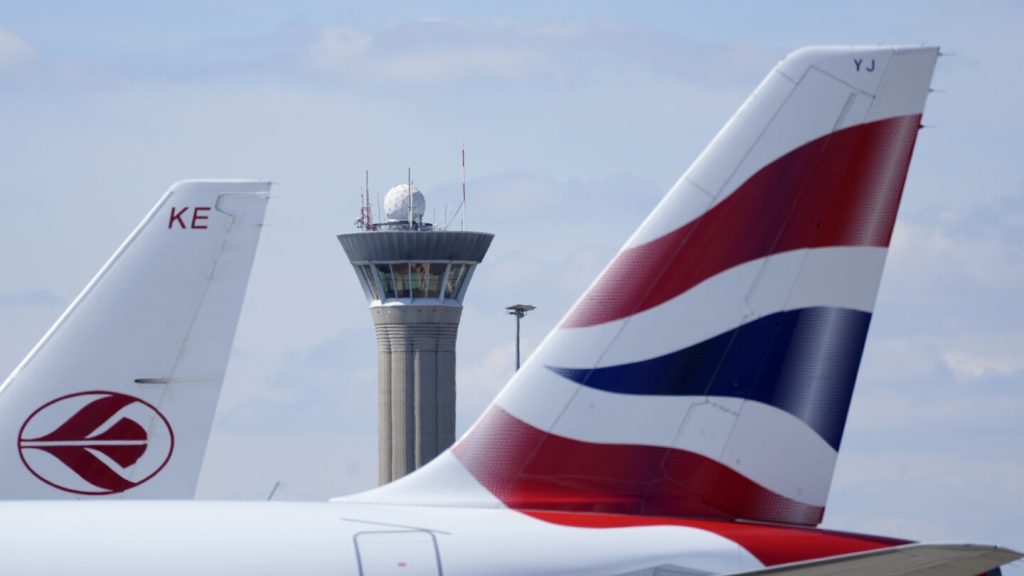Despite the cancellation of a planned strike by air traffic controllers in Paris, air passengers still faced significant disruptions on Thursday due to flight schedule adjustments made in anticipation of the strike. French civil aviation authorities had requested airlines to reduce their flights by 75% at Paris-Orly, 55% at Charles-de-Gaulle, and 65% at Marseille-Provence, with varying cuts at other French airports. This led to severely limited operations at major airports, affecting both domestic and international flights passing through French airspace. While flights that did operate faced only moderate delays, the overall impact on travel was still significant, with thousands of passengers experiencing cancellations and scheduling changes.
The fallout from the flight disruptions was particularly evident at Paris-Orly airport, where delays added to the challenges of the day. Passengers were left frustrated and inconvenienced by the ongoing travel difficulties, as airlines struggled to accommodate the reduced flight schedules. Despite the efforts of air traffic controllers to avoid the strike and minimize its impact, the preemptive adjustments to flight operations had a lasting effect on travelers, highlighting the vulnerability of air travel to unexpected disruptions. The situation underscored the importance of efficient communication and coordination between airlines, aviation authorities, and passengers in times of crisis to ensure a smooth travel experience.
With operations significantly reduced at major French airports, travelers were forced to navigate through a sea of cancellations and delays, causing frustration and confusion among passengers. The limited availability of flights meant that many travelers had to rebook their journeys or find alternative means of transportation to reach their destinations. The disruptions also posed challenges for airlines and airport staff, who worked tirelessly to assist passengers and manage the impact of the schedule adjustments. Despite the challenges faced, airlines and aviation authorities remained committed to ensuring the safety and well-being of passengers, while trying to minimize the disruptions to their travel plans.
The last-minute negotiations that led to the cancellation of the air traffic controllers’ strike highlighted the importance of open communication and dialogue in resolving conflicts and preventing disruptions in the aviation industry. By working together to find solutions and address concerns, airlines, air traffic controllers, and other stakeholders can minimize the impact of potential strikes and maintain the efficient operation of airports and flight schedules. The ability to adapt quickly to changing circumstances and find common ground in times of crisis is essential in ensuring the smooth functioning of the aviation sector and providing a positive experience for travelers. The events in Paris served as a reminder of the need for collaboration and cooperation within the industry to overcome challenges and deliver reliable services to passengers.
Despite the challenges faced on Thursday, air passengers were able to eventually reach their destinations, albeit with some delays and inconvenience. The disruptions served as a reminder of the importance of preparedness and contingency planning in the face of unexpected events that can impact air travel. As travelers continued to navigate through the aftermath of the flight disruptions, airlines and aviation authorities worked to restore normal operations and alleviate the travel difficulties experienced by passengers. Through effective communication, coordination, and cooperation, the industry demonstrated its resilience in the face of adversity, showcasing its commitment to providing safe and reliable air travel services for passengers. As the situation gradually returned to normal, travelers could look forward to smoother journeys and improved travel experiences in the coming days.


